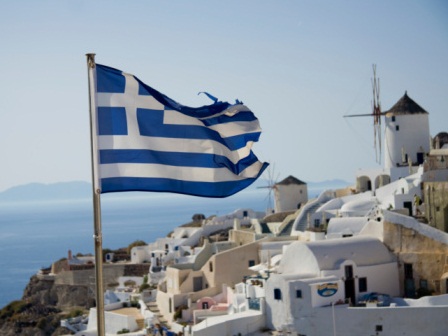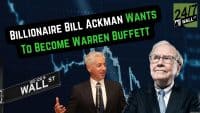As hard as it seems to be to believe, the crisis in Greece continues, and may have gotten worse. The nation’s parliament has voted through an extreme austerity budget that was to be the ticket to a new tranche of aid. However, Greece’s neighbors have become deeply worried, which could put off a needed loan of 5 billion euros. The European Union may take a “wait and see” position while its experts comb over Greece’s budget and projections to look for severe shortfalls. Once again, the prospect of a Greek default has moved back into the headlines. According to an exclusive report from CNBC, Costas Lapavitsas, professor of economics at SOAS University in London, said:
I would be amazed if Greece remained a member of the euro zone in 2013. But that is not the end of the story. Greece cannot handle the euro discipline, it needs to get out, it needs to revive its competitiveness.
China vs. Google
Google Inc.’s (NASDAQ: GOOG) Transparency Report showed a sharp drop in traffic from China. The cause is not known, but it could be that the central government does not want its own people to track the changing of the guard among its top leaders. There has been friction among these leaders about how much power each will have once the changeover is done. Oddly, traffic did pick up more recently, according to Bloomberg. China continues to be Google’s Achilles heel. China is the largest internet market in the world. Google has suffered from hacking and traffic blocks there, and it is a distant second to local search company Baidu Inc. (NASDAQ: BIDU) in terms of market share. The Chinese government seems set on keeping Google well behind its local favorite. With the roadblock in China, there are few places Google can turn outside the largest developed nations and parts of South America. Russia has a dominant search engine — Yandex. And India has its own — Rediff. Google’s problems in China may be its most immediate ones among developed nations, but its problems in these regions are much greater than that.
U.S. Oil Export Forecast
The United States may be the single largest exporter of oil within the next few decades. That is the conclusion of the IEA 2012 World Energy Outlook. The report says:
The WEO finds that the extraordinary growth in oil and natural gas output in the United States will mean a sea-change in global energy flows. In the New Policies Scenario, the WEO’s central scenario, the United States becomes a net exporter of natural gas by 2020 and is almost self-sufficient in energy, in net terms, by 2035. North America emerges as a net oil exporter, accelerating the switch in direction of international oil trade, with almost 90% of Middle Eastern oil exports being drawn to Asia by 2035. Links between regional gas markets will strengthen as liquefied natural gas trade becomes more flexible and contract terms evolve. While regional dynamics change, global energy demand will push ever higher, growing by more than one-third to 2035. China, India and the Middle East account for 60% of the growth; demand barely rises in the OECD, but there is a pronounced shift towards gas and renewables.
Douglas A. McIntyre
100 Million Americans Are Missing This Crucial Retirement Tool
The thought of burdening your family with a financial disaster is most Americans’ nightmare. However, recent studies show that over 100 million Americans still don’t have proper life insurance in the event they pass away.
Life insurance can bring peace of mind – ensuring your loved ones are safeguarded against unforeseen expenses and debts. With premiums often lower than expected and a variety of plans tailored to different life stages and health conditions, securing a policy is more accessible than ever.
A quick, no-obligation quote can provide valuable insight into what’s available and what might best suit your family’s needs. Life insurance is a simple step you can take today to help secure peace of mind for your loved ones tomorrow.
Click here to learn how to get a quote in just a few minutes.
Thank you for reading! Have some feedback for us?
Contact the 24/7 Wall St. editorial team.






